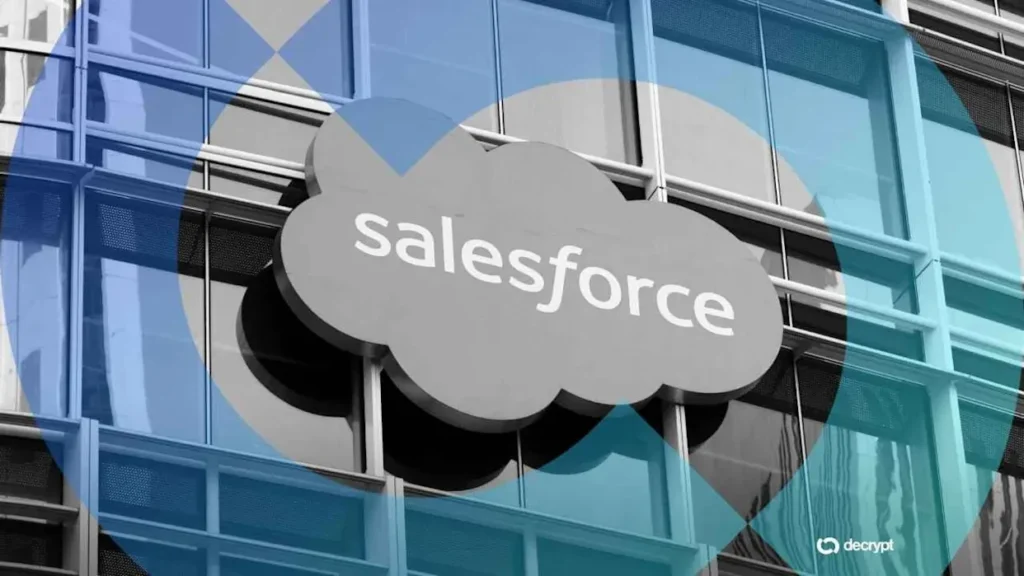Salesforce Faces Class Action Over Alleged Illegal AI Training Data
In a significant legal challenge that echoes growing concerns over privacy and data use in the tech industry, Salesforce, the renowned cloud-based software company, is now facing a class action lawsuit. The suit, filed by a group of plaintiffs, alleges that Salesforce unlawfully collected and used personal data to train its artificial intelligence systems without obtaining proper consent from the individuals whose data was used.
Background of the Lawsuit
The class action lawsuit claims that Salesforce engaged in practices that involved scraping public and private data to train its AI models. This data includes personal identifiers, online behaviors, and other sensitive information that belongs to millions of internet users. The plaintiffs argue that this method of data acquisition violates state and federal privacy laws, as well as the rights of individuals to control the use of their personal information.
Implications for Privacy and AI Ethics
This lawsuit places Salesforce in the midst of an intensifying debate over the ethical use of AI and the boundaries of privacy. Data is the lifeblood of artificial intelligence; AI systems require vast amounts of information to learn and make decisions. However, the manner in which this data is collected and used is critical, particularly under laws like the EU’s General Data Protection Regulation (GDPR) and California’s Consumer Privacy Act (CCPA).
The case against Salesforce highlights a common industry practice that could face more scrutiny: using publicly accessible data to train AI without explicit permission from the data subjects. While companies might argue that publicly available data is fair game, the legal and ethical implications of such a stance are complex and still evolving.
Salesforce’s Defense and Industry Impact
In response to the allegations, Salesforce might argue the legality of their data usage based on the terms of service agreed by users or the public nature of the data. However, the outcome of this lawsuit could set a precedent that would require tech companies to be more transparent and possibly restrictive in how they gather data for AI training.
This legal challenge also shines a spotlight on the responsibility of tech companies to not only innovate but also ensure that their innovations do not infringe on individual rights. As AI technology continues to permeate every sector of society, the need for guidelines that ensure ethical practices in AI data acquisition and use becomes increasingly urgent.
Future Outlook
As the case progresses, it will likely attract attention from privacy advocates, industry stakeholders, and regulatory bodies. The outcome could influence future policies around AI and data privacy, prompting more stringent regulations and changes in how companies collect and use data.
The Salesforce lawsuit is a reminder of the delicate balance between advancing technology and protecting individual privacy rights. It underscores the growing call for transparency and ethical responsibility in the tech industry as it continues to evolve and reshape society. How Salesforce and the broader industry respond will be crucial in shaping the landscape of AI and privacy in the coming years.








